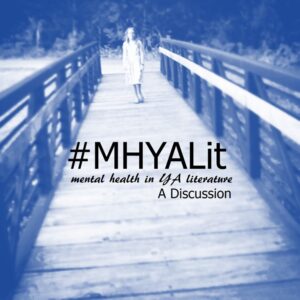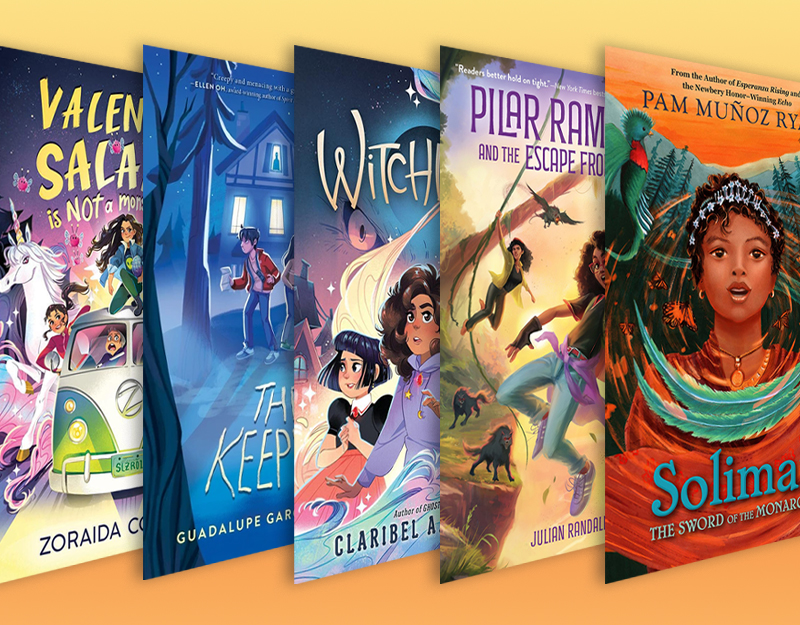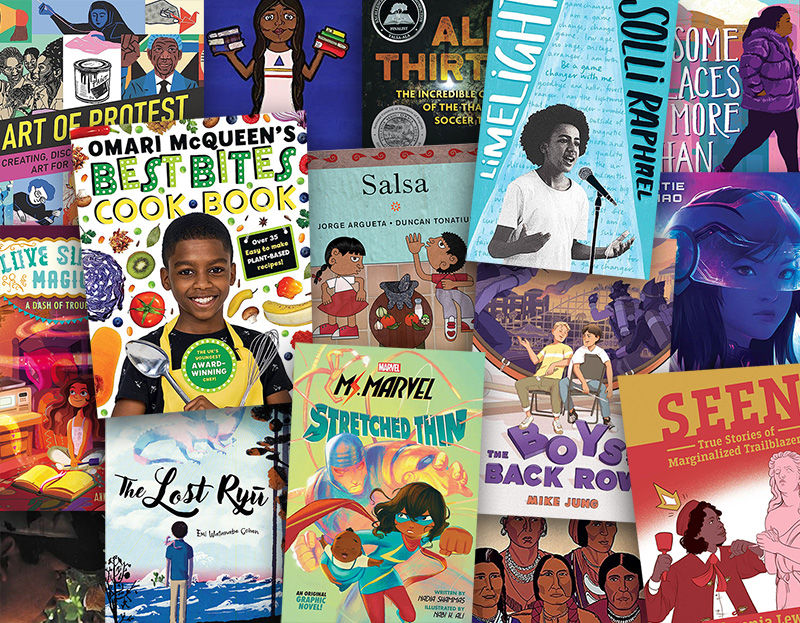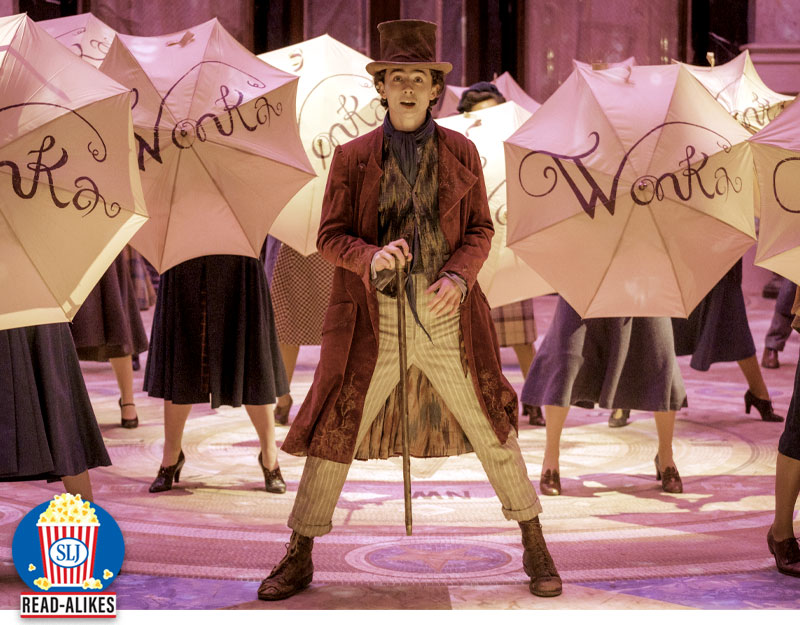#MHYALit: Anxiety Disorder, My Son, and Me
 There are lots of things my son Callum and I have in common. We both like Converse. We love Harry Potter. We both wear glasses. And we both have anxiety disorder. While I often really, really hate my own anxiety, it has been extremely useful to have first-hand experience when it comes to needing to parent, support, and calm Callum.
There are lots of things my son Callum and I have in common. We both like Converse. We love Harry Potter. We both wear glasses. And we both have anxiety disorder. While I often really, really hate my own anxiety, it has been extremely useful to have first-hand experience when it comes to needing to parent, support, and calm Callum.A little history:
I’m 38. I’ve been medicated for twenty years. I probably should have been medicated for, like, ten years before that. I was a high-strung, anxious kid, a total perfectionist. My natural state was to work hard, expect to do well, and be hard on myself if I felt I didn’t do well on something. That alone made for plenty of anxious feelings. I heard the same things so many of us heard—You worry too much. You overthink things. It will be fine. Don’t worry about it. My anxiety would kick in when we had tests or projects. I hated being left home alone because I was so nervous about every noise (growing up as the kid of the high school principal, and having our house routinely vandalized didn’t help my fear). Through high school my anxiety worsened. I was fine speaking up in class about things if it was my own choosing, but being called on stirred up instant panic. But mostly, there was no obvious cause. No correlation. No clear trigger. I felt anxious all the damn time, for what generally felt like no reason. I got so used to having panic attacks–hearing my blood whooshing in my ears, feeling like I couldn’t breathe, feeling my muscles tighten up, having my heart race–that I kind of stopped thinking they were weird and just accepted that it was how I was built. I didn’t know anything different and no one was telling me that there was any other way to be. I sort of lived in flight-or-fight mode. It was exhausting.
SCROLL TO KEEP READING THIS POST
ADVERTISEMENT
ADVERTISEMENT
And speaking of exhausting, I also kind of stopped sleeping. As many of us who suffer from anxiety know, bedtime is the brain’s favorite time to start screaming every single worry at you so loudly that sleep is impossible. I’d read, make mix tapes, write letters, work on my zine, watch tv, do anything but sleep. My dad would get up at like 5 and find me still awake downstairs and tell me how ridiculous it was that I was awake. Like I didn’t know. My first year after college, I worked overnights at a gas station (it was one of two things open all night in my tiny hometown, and in retrospect seems like not the safest choice I’ve ever made) simply because I’d then get home and be so exhausted I had to sleep.
I never really talked to my parents about any of this. I never really talked to anyone about it, back then. Outside of sometimes knowing someone who tried to kill themselves—or successfully did so—mental health wasn’t a topic that any of us were really openly talking about when I was in high school. But when I graduated high school and was going to move for college, I decided I had to do something or suspected I would spend my entire freshman year hiding in my dorm room and hoping my anxiety would just disappear. At my appointment I explained my symptoms and my doctor was like, oh, sure, you have generalized anxiety disorder. And panic disorder. And probably some social anxiety. Oh… yes. That all sounded right. I started medication and felt pretty much okay. I still had some panic attacks. I still was a worrywart perfectionist, but I don’t think medication can change that for me.
I changed medications a handful of times over all those years. Now, I take Elavil every night, have Klonopin for panic attacks, and have a beta blocker also for helping with panic attacks. My anxiety has remained more or less in check and predictable. I don’t like change or uncertainty. I don’t handle unexpected events well. My brain likes to grab onto small “mistakes” or hurts and put them on a continuous loop through my thoughts. When I had to add in new meds for my panic attacks, my doctor told me that my anxiety included “obsessive rumination,” which is exactly what it sounds like–the inability to stop thinking about things. You can image the implosion in my brain when my dad was killed in a car accident in December 2012. One of my biggest fears is driving. If I’m driving in a place I know well, I’m good. But I’ve always felt scared to be traveling along in this metal box and hoping everyone else in their metal boxes is paying attention. Having my dad die how he did was extra bad for my anxiety. I was literally incapable of being able to stop picturing what happened, especially after my grandma read me the coroner’s report (something I really wish she had not done, but she’s had 3 of her 4 adult children die–cancer, suicide, car crash–and I wasn’t about to shut her down). I was a wreck. My panic attacks became so bad I would shake like I was in hypothermic shock. I cried so much the salt from my tears made all the skin around my eyes raw for months. It was horrible.
It was around this time that Callum’s anxiety started to manifest. He was 6. He shares essentially all of my same symptoms and diagnoses. Thanks to my own experience, I started to notice his symptoms and began rounds with doctors. We did some testing and got him diagnosed. He has been in and out of therapy for nearly 4 years. He’s been medicated for about 1.5 years and his day-to-day anxiety is lower. His anxiety was getting in the way of his performance at school because he would spend so much of his energy being nervous and worrying about what was coming next that he would not be able to hear what was happening (his anxious mind basically worrying too loudly for him to catch instructions etc). He still has the occasional panic attack. But now he has an arsenal of words to use, techniques to try, and a steady stream of medicine to help even out those anxious moments.
Here’s the thing: I know how he feels. And I know the stigma that still exists. We have always treated his anxiety as just another part of him. We talk openly about it. We talk about how helpful therapy and medication are. We talk about how there’s no shame in saying that you have anxiety disorder (or any other mental health challenge). When we were at my best friend Kelly’s house one night, we were having a bonfire. It was late and dark and her son kept making howling wolf noises (something that has scared Callum since forever). Callum started to get uncomfortable and turned to me and said, “I’m having a panic attack and need to go home now.” Just like that. And as Kelly walked us back to the house, she said to Callum, “I totally get it. You know, I have anxiety disorder, too.” Factual. Open. Empathizing.
I never feel that my mental illness is a “gift.” It’s not. I’d gladly be rid of it. Outside of sometimes making me extra productive, it does nothing for me that I’d want to keep. But the ability to empathize with my child, to so bone deep understand how he feels, and to know how to help him is a gift. When he panics, I don’t say “don’t worry about it” or “it will be fine” or “just stop thinking about it.” I say, “Let’s talk about it if you want to. Yeah, that really sucks. It’s so hard to not feel like that. What can I do to help? What will make this feel less scary?” I know when he needs to get back in with his therapist. I know when medication seems like it needs to be changed. And the other night, when he had a crying meltdown over turning 10 (“I don’t want to get older. You’re getting older and will die someday. I don’t want to be without you. I want to stay little. Everyone in our family dies young. What if the movers lose all of our things? What if no one at my new school likes me?”) and it spiraled into an existential crisis over EVERYTHING, I got it. One worry reveals 90 worries. One thought makes 90 thoughts start shouting at us. And rational discussion or understanding does not do anything to dissipate what’s happening in his brain. But we talked. And found distractions. And called it what it was–a panic attack–and noted how much anxiety sucks.
He has to grow up with the burden of mental illness. I can’t change that. But I can damn well make sure he grows up knowing that he is supported, making sure that he gets the treatment he needs, and helping him understand there is no such thing as normal and that there is NO shame in how his brain is built.
Filed under: #MHYALit
About Amanda MacGregor
Amanda MacGregor works in an elementary library, loves dogs, and can be found on Twitter @CiteSomething.
ADVERTISEMENT
ADVERTISEMENT
SLJ Blog Network
100 Scope Notes
One Star Review, Guess Who? (#202)
A Fuse #8 Production
Review of the Day: My Antarctica by G. Neri, ill. Corban Wilkin
Good Comics for Kids
Exclusive: Giant Magical Otters Invade New Hex Vet Graphic Novel | News
Politics in Practice
Parsing Religion in Public Schools
ADVERTISEMENT
Commenting for all posts is disabled after 30 days.
ADVERTISEMENT
Archives
Follow This Blog
Enter your email address below to receive notifications of new blog posts by email.







